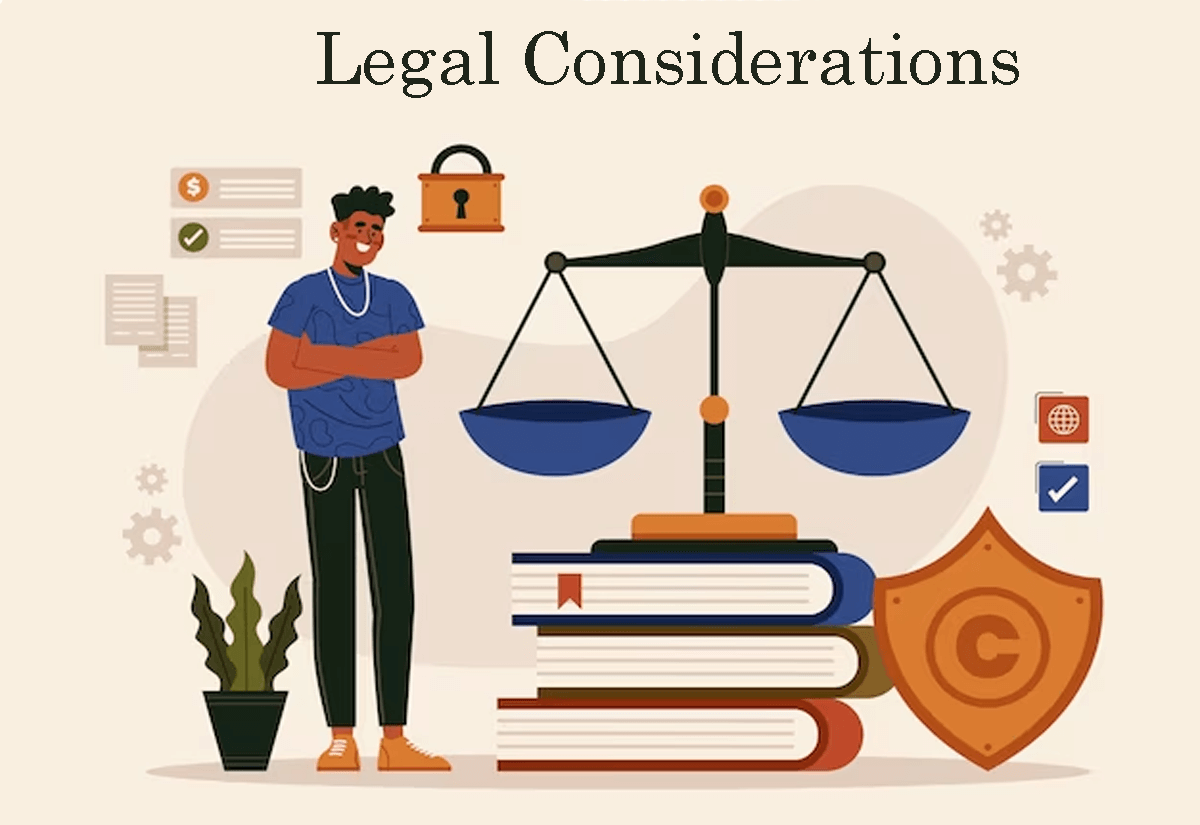Understanding the legal considerations of email marketing
Email marketing is subject to a number of legal considerations, including anti-spam laws and privacy regulations. It’s important to understand these laws and regulations to ensure that your email marketing efforts are compliant and to avoid potential legal issues. Here are some key legal considerations:
- Anti-spam laws: Many countries have laws that regulate the sending of unsolicited commercial emails, commonly known as spam. In the United States, the CAN-SPAM Act sets forth rules for commercial emails, including requirements for opt-out mechanisms and accurate sender information. In the European Union, the General Data Protection Regulation (GDPR) and ePrivacy Directive regulate the sending of commercial emails, including requirements for consent and accurate sender information. It’s important to comply with these laws to avoid potential legal issues.
- Privacy regulations: Privacy regulations, such as the GDPR and the California Consumer Privacy Act (CCPA), regulate the collection, use, and sharing of personal data. If you collect personal data from your subscribers, it’s important to comply with these regulations to protect your subscribers’ privacy and avoid potential legal issues.
- Unsubscribe options: Under anti-spam laws, commercial emails must include an easy and clear way for recipients to unsubscribe from future emails. Make sure your unsubscribe link is easy to find and functional.
- Accurate sender information: Your emails should include accurate sender information, including your business name and physical address. This helps to build trust with your subscribers and comply with anti-spam laws.
- Consent and permission: If you collect personal data from your subscribers, it’s important to obtain their consent and permission before sending them commercial emails. This is required under regulations like the GDPR and ePrivacy Directive. You should also honor any requests from subscribers to update or delete their personal data.
- Data protection and security: It’s important to protect the personal data you collect from your subscribers and maintain appropriate security measures to prevent data breaches.
To stay compliant with these legal considerations, it’s important to keep up to date with changes in laws and regulations and to implement appropriate policies and procedures for your email marketing efforts. It may be helpful to consult with a legal professional to ensure that you are complying with all applicable laws and regulations.
-
-
-
- Introduction to Email Marketing Laws
- Permission-based Marketing
- Email Content and Design Requirements
- List Management and Hygiene
- Privacy Policies and Terms of Service
- Data Protection and Security
- International Email Marketing Laws
- Penalties for Non-Compliance
- Third-Party Email Marketing Services
- Ethics and Best Practices
- Staying Up-to-Date on Email Marketing Laws
- Case Studies and Examples
-
-


